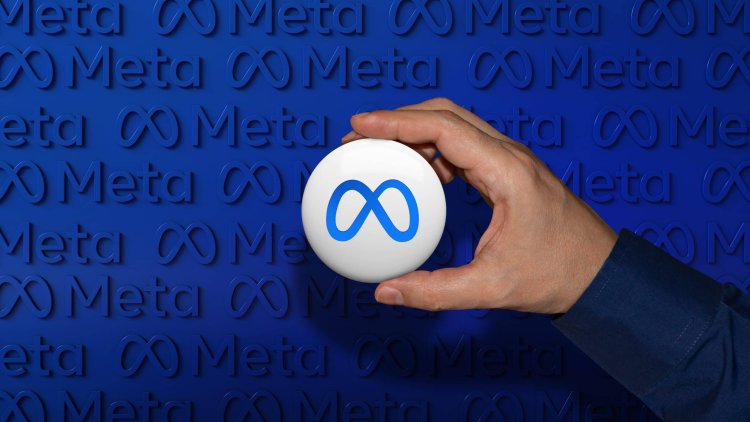Meta will not hold this year's F8 event

2022 has not begun much better for Meta than 2021, which did not improve the circumstances of 2020, and we may go back a few more years.
However, in 2021, there was a change in name, from Facebook to Meta, and, according to what the corporation told us, a shift in focus, in which Facebook was no longer at the center, a position to which his great project, the Metaverse, would pass for the next few years.
We've already discussed this virtual realm on multiple occasions.
It is true that, for the time being, the shadows appear to outnumber the lights, and that, at least in the short term, such an ambitious proposal is unfeasible for a variety of reasons, ranging from the technical requirements to support a platform like the one proposed by Meta to the technical difficulties posed by concepts like digital assets (the damned NFTs) to be used in various environments, such as games.
However, if Meta's commitment to the Metaverse is firm and determined (rather than a smokescreen to cover its multiple scandals, which we cannot rule out), then we are at an important juncture for a more complete definition, more detailed of what the company wants to do and, thus, of what all members of the community interested in participating in its development will have to do.
And, sure, we specifically referring to devs at this point.
Thus, and since Meta's unveiling of the Metaverse, one of the most anticipated events this year among a segment of the developer community has been F8, the company's annual conference aimed specifically at this group.
However, as reported by Yahoo! News, Meta will not hold the F8 event this year. The meeting has been postponed because the company has to develop its transformation initiative facing the Metaverse, neither face-to-face nor online, according to the company.
At first look, it appears to be an honest move on Meta's part: they still don't have everything figured out and prefer to continue forward on this path so that when the time comes to educate the developers, they already have the necessary base to do so in a more effective manner. Professionals will find it more accurate and thus more valuable. From that perspective, it appears to be a logical conclusion.
However, when we think about it, it is remarkable that a behemoth like Meta declared such a significant shift without having done its homework, and that this is still on the list of pending jobs almost six months later.
Is it true that Facebook decided to entrust its future to a technology platform that it had not yet defined? It sounds startling, and the fact that they are still the same after six months seems even worse. It's so much so that it's difficult to accept.
In these circumstances, we can only assume two things: that Meta is really late with its own future project, or that this decision is not due to that, but rather to keep as low a profile as possible during this year.




























